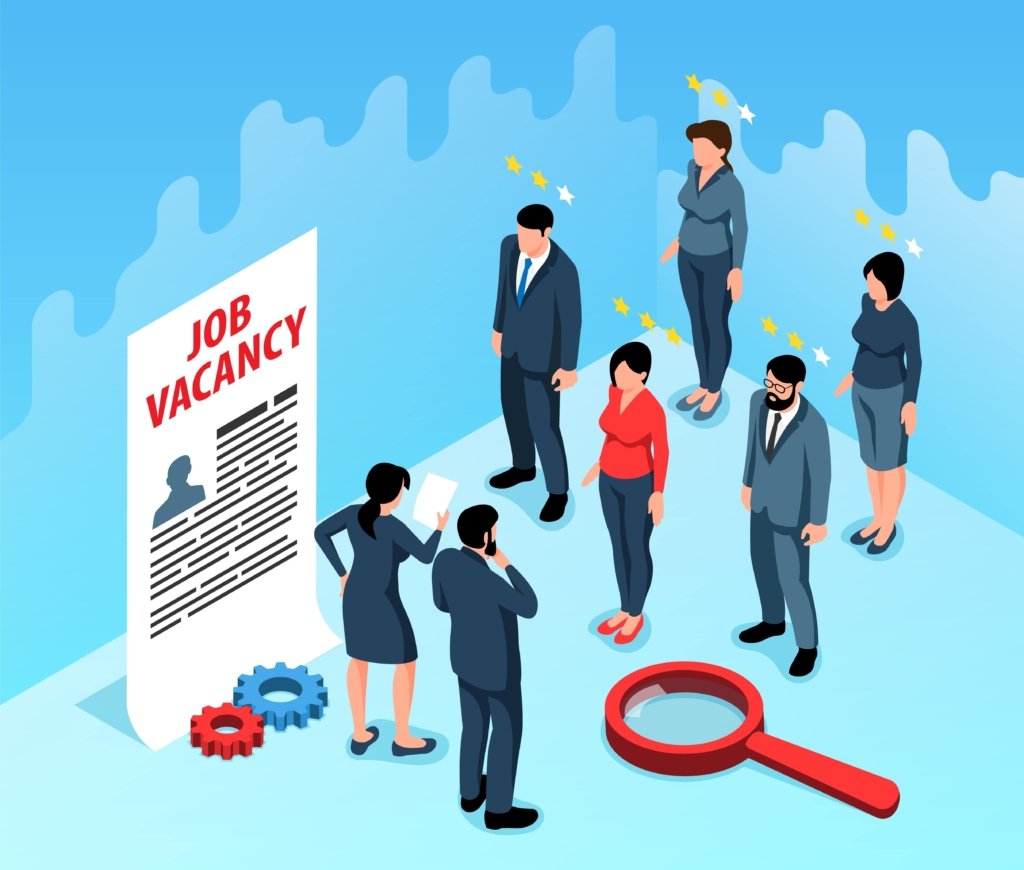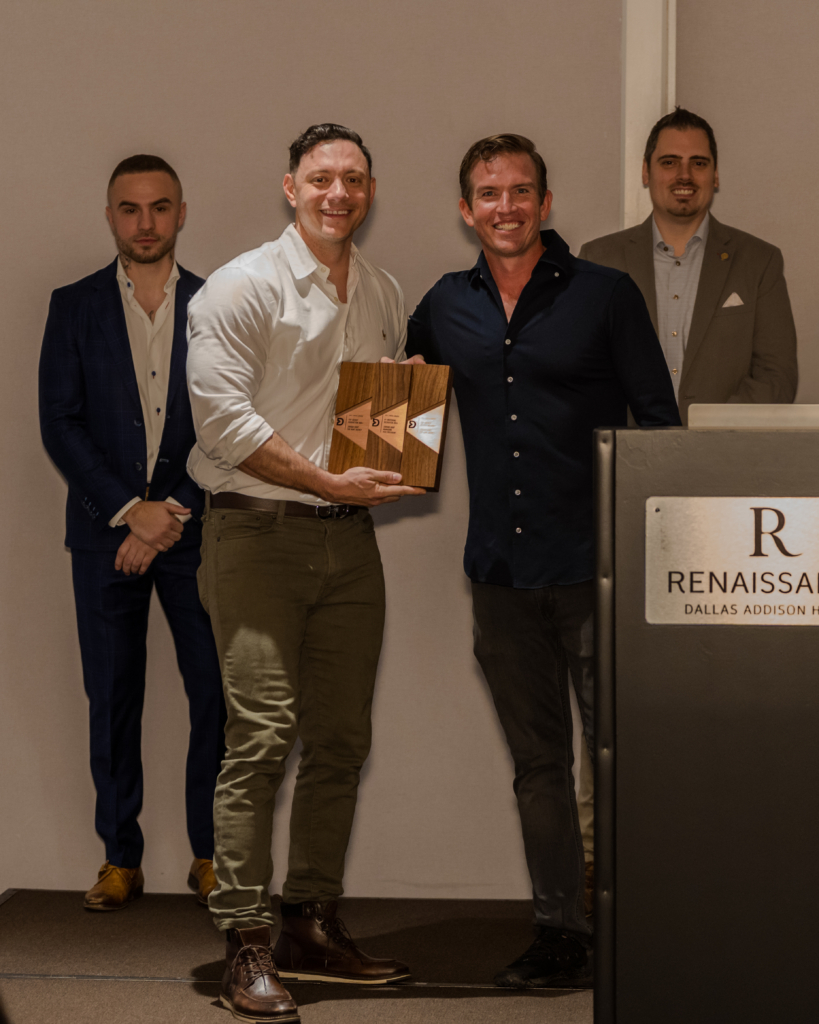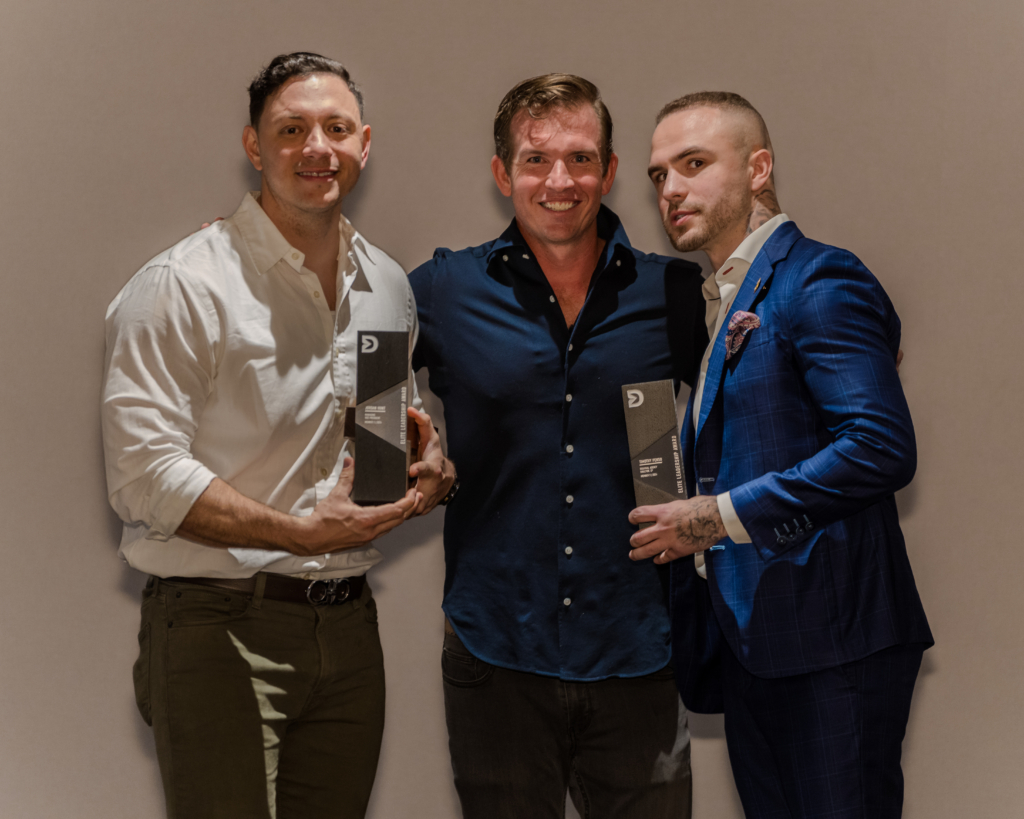Understanding the Reality Behind a Misunderstood Industry
Cutting Through the Noise
Let’s get something straight: Selling insurance is not the same as joining a pyramid scheme. If someone told you otherwise, they didn’t do their homework – or worse, they worked for the wrong kind of agency. Real insurance careers are licensed, client-focused, and built for long-term success.
Here’s what you need to know –
But here’s the truth:
Insurance agencies and pyramid schemes are fundamentally different in purpose, structure, and impact.
At the Delaney Agency, we hear these concerns often from potential agents. As Brian Delaney puts it,
“People aren’t skeptical – they’re smart. But the smartest people also do their homework.
Insurance isn’t a pyramid model. It’s a profession built on licensing, service, and long-term value.”
In this article, we’re going to compare MLM and insurance agency models, explain how insurance agencies are different from pyramid schemes, and help you evaluate whether a career in this space is a smart, ethical, and strategic move.
Or you’re looking for financial freedom or simply trying to avoid a scam; this is the clarity you’ve been looking for.

What Is a Pyramid Scheme? And Why Should You Be Cautious?
In today’s creator economy and side hustle culture, pyramid schemes are getting a modern makeover – but don’t be fooled. At their core, pyramid schemes are still illegal and unsustainable business models disguised as “opportunities.”
A pyramid scheme is a system where participants earn money almost entirely by recruiting others, not by selling real products or services. Each new recruit is expected to invest money (usually through a starter kit or membership fee), and the person who recruited them earns a cut. The more people you bring in, the more you earn – on paper.
But here’s the problem: the model depends on constant recruiting, and eventually, you run out of people.
Here are a few red flags of pyramid schemes in financial services:
- No tangible product, or one that’s overpriced and unnecessary
- High pressure to recruit immediately
- Income tied to how many people you sign up, not what you sell
- Promises of “passive income” without real work
- Lack of licensing or regulation
They’re unsustainable, often illegal, and most people end up losing money.

What a Real Insurance Agency Actually Does
A legitimate insurance agency isn’t built on hype – it’s built on licensed professionals, regulated products, and client trust.
Agents are required to pass state exams and follow strict compliance laws.
They don’t earn by recruiting others – they earn by helping clients protect what matters most: their income, families, and future.
The products sold – life insurance, health plans, annuities – are real, valuable, and often life-changing. Compensation is tied to service and sales, not signups.
Simply put: a real agency delivers long-term value to clients, not short-term promises to recruits.

The 5 Key Differences: Insurance Agency vs Pyramid Scheme
Let’s break down the real difference. Here’s a side-by-side look at the five most important distinctions between insurance vs pyramid schemes:
1. Purpose: Client-Centered vs. Recruit-Centered
Insurance Agency:
The core of an insurance agency’s purpose is helping people manage financial risk. Licensed agents assess clients’ needs and offer solutions like life insurance, mortgage protection, annuities, and retirement strategies.
This is about real service – something that impacts families for decades.
Pyramid Scheme / MLM:
In pyramid models, the primary focus is recruitment. You’re often incentivized to bring in more people, not sell a product. The product itself is usually overpriced or irrelevant (think vitamins, skin creams, or travel memberships).
There’s no real value being offered to a consumer. Instead, revenue flows upward through recruitment tiers.
This is the first major red flag when comparing an insurance agency vs pyramid scheme: one exists to serve clients, the other to fuel itself through recruitment.
2. Legitimacy & Regulation
Insurance and Licensing:
Every legitimate insurance agency operates under the supervision of state insurance departments, and agents must pass exams, submit background checks, and maintain continuing education. That’s what separates a licensed insurance professional from a casual seller in an MLM.
At the Delaney Agency, licensing is non-negotiable. We walk each new agent through the exam process, sponsor their licensing when possible, and require compliance from day one.
Pyramid Models & MLMs:
MLMs and pyramid schemes operate in a legal gray area. Some are barely legal, while others are outright scams. They usually don’t require licenses because the products being sold aren’t regulated – and often don’t need to meet performance standards.
You won’t find the SEC or a state insurance commissioner auditing an MLM’s training material. That says a lot.
When researching insurance and pyramid schemes, always ask: “Is this career licensed and state-monitored?” That one question reveals a lot.
3. Compensation Model: Skill vs. Structure
Insurance Agencies:
In a legitimate insurance agency vs MLM, the difference in compensation is staggering. Insurance agents earn commission on policies sold, with optional residual (renewal) income. The better you serve your clients, the more you earn.
As Brian Delaney says: “Our model pays you for what you build – not who you bring.”
There’s no inventory to buy, no auto-shipping, and no “minimum order” nonsense.
MLM/Pyramid Pay Structure:
In MLMs, pay is typically heavily skewed toward recruitment. While selling products may earn you a small margin, the real money comes from building a “downline” – people under you who make purchases, so you get a cut.
You could technically earn without recruiting, but few do. The most recent authoritative source is a September 2024 Federal Trade Commission staff report, titled Multi‑Level Marketing Income Disclosure Statements. It emphasizes that the vast majority of MLM participants make little to no income, and some lose money, reinforcing that MLMs are not financially beneficial for almost all involved. The Federal Trade Commission notes that 99% of MLM participants lose money(as per the old report).
This is why “insurance vs pyramid scheme” is such a hot topic – it’s not about words, it’s about how you earn. One pays you for performance. The other pays you for people.
4. Product Value: Real vs. Hyped
Insurance = Real Financial Products
When you join an agency like Delaney, you’re representing high-value, legally binding financial contracts that protect families. These products are backed by top-rated insurance carriers and built to pay out when clients need them most.
Your job? Understand their needs. Guide them to the right solution. Help them protect what matters.
MLMs = Low-Demand Consumables
Let’s be honest. Most MLM products are overpriced versions of things people already buy cheaper elsewhere – lotions, oils, diet pills. Many reps don’t even believe in the product; they’re just trying to hit a quota.
In a comparison MLM and insurance agency scenario, the difference in client impact is clear.
One helps a family keep their home after a tragedy. The other sells another bottle of body wrap.
Smart Tip:
When in doubt, ask yourself: “Would people still buy this product if there was no money attached to it?”
If not – it’s hype, not help.
5. Career Growth: Professional vs. Promotional
Insurance = Professional Track
Working with an insurance agency like Delaney offers clear, credible pathways for advancement:
- Licensed Agent
- Senior Agent
- Team Leader
- Agency Owner
- Regional Director
Along the way, you develop leadership, finance, public speaking, and business operations skills. You’re building a business, not just a temporary hustle.
MLM = Rank-Based, Pressure-Driven Tiers
In pyramid models, your advancement is heavily tied to recruitment metrics. Promotions are flashy but unstable, often tied to short-term volume. Lose a recruit, drop a rank.
And because there’s no real client relationship building, your income – and influence – are constantly at risk.
Brian’s Insight: “We’re not here to give you a flashy title – we’re here to give you the tools to become a business owner. That’s the difference.”

Why People Confuse Insurance with MLMs
It’s easy to see why people mix up insurance with multi-level marketing (MLM) – especially in today’s world of online recruiting and flashy income claims. But most of this confusion stems from how some insurance agencies market themselves, not from how the insurance industry actually works.
Here’s why the confusion happens:
- Both involve commissions and sales. Like MLMs, insurance agents earn commissions on what they sell. But unlike MLMs, insurance is based on helping clients – not recruiting reps.
- Some agencies mimic MLM tactics. Unfortunately, there are insurance agencies that overhype the opportunity with vague job postings, “get-rich-quick” language, or a heavy push to build a team fast – making them look MLM-ish, even though the industry itself is legitimate and regulated.
- Social media adds to the blur. When you see agents on Instagram talking about passive income, exotic trips, and “freedom lifestyles,” it can start to resemble the same kind of hype used by MLM influencers. But behind the scenes, successful agents are usually working hard, serving clients, and building licensed businesses.
- Recruiting is an option, not a requirement. In insurance, you can grow a team – but you don’t have to. You can build a six-figure career without recruiting a single person. In MLMs, recruiting is often the only way to make real money.
The key difference: In insurance, you’re trained, licensed, and paid to serve people with real financial products. In MLMs, you’re mostly paid to recruit others and sell hype.
It’s fair to ask: Why does this confusion exist in the first place?
Here’s why:
- Commission-based pay sounds “MLM types” to the uninformed.
- Team-building language gets misused by shady actors.
- Some agencies operate poorly and blur ethical lines.
- And frankly, most people don’t know what insurance agents actually do.
But none of these reasons make the industry illegitimate. They just make it misunderstood.

How The Delaney Agency Breaks the Mold
If you’re still not sure whether this industry is for you, look at how we operate at Delaney Agency:
- We lead with education. Every agent gets full licensing and training support.
- We reject hype. No flashy cars, fake income claims, or pressure recruiting.
- We build professionals. You’re mentored by someone who’s walked the path – not recruited into a hype funnel.
- We pay you to help people. Not to sell dreams.
We’re here for people who want more than just a paycheck. We’re here for those who want purpose and freedom with integrity.

The Power of Licensing in Insurance
A major differentiator between an insurance agency and a pyramid scheme is licensing.
You can’t legally sell insurance without it. State-mandated licensing means:
- You must study and pass a real exam
- You must follow ethical standards
- You must comply with renewal and CE (continuing education) requirements
MLMs do not require state-regulated training. That’s a huge distinction.
Becoming a licensed insurance professional gives you credibility, legal protection, and client trust – something no MLM structure can offer.
Why Insurance Is Recession-Resistant
Unlike hype-driven trends or fads, insurance remains steady – because people always need financial protection.
Whether it’s economic uncertainty, market downturns, or inflation, insurance is a foundational product:
- People still need life insurance during downturns
- Mortgage protection becomes more important when job loss is a risk
- Retirement income planning grows in demand as people seek safe options
This recession-resistance makes insurance a stable, long-term career path – not a risky venture like an MLM.

The Final Word: Real vs. Risky
When it comes to insurance agency vs pyramid scheme, here’s the simplest truth:
One helps families protect what matters most and rewards agents for effort, skill, and service.
The other exploits hope, thrives on illusion, and leaves most people worse off than when they started.
If you’re considering your next career move, don’t just ask whether it’s commission-based or “entrepreneurial.” Ask:
- Is it regulated?
- Is there training?
- Do I need a license?
- Is income tied to sales or recruiting?
- Is this company building careers -or just selling dreams?

Ready to Build Something Real?
At the Delaney Agency, we’re always looking for sharp, driven people who are tired of chasing hype and ready to create real success – the kind built on service, integrity, and personal growth.
Apply now to become a licensed insurance professional. Ask us anything -no fluff, no pressure
“This isn’t a side hustle. It’s a legacy business if you treat it that way.”
– Brian Delaney









